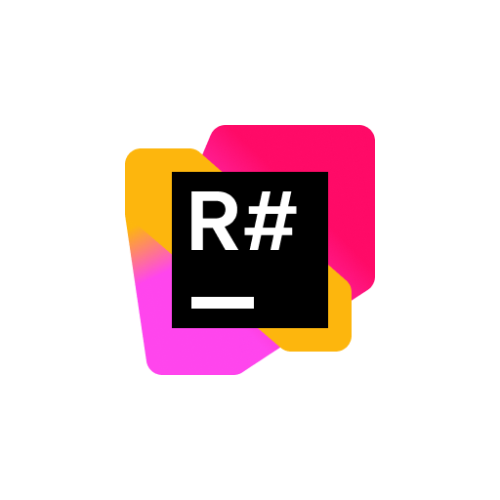How ReSharper helps Visual Studio users
Analyze code quality
On-the-fly code quality analysis is available in C#, VB.NET, XAML, ASP.NET, ASP.NET MVC, JavaScript, TypeScript, CSS, HTML, and XML. You’ll know right away if your code needs to be improved.
Eliminate errors and code smells
Not only does ReSharper warn you when there’s a problem in your code but it provides hundreds of quick-fixes to solve problems automatically. In almost every case, you can select the best quick-fix from a variety of options.
Safely change the code base
Automated solution-wide code refactorings help you safely change your code base. Whether you need to revitalize legacy code or put your project structure in order, you can rely on ReSharper.
Instantly traverse the entire solution
You can instantly navigate and search through the whole solution. Jump to any file, type, or type member, or navigate from a specific symbol to its usages, base and derived symbols, or implementations.
Enjoy code editing helpers
Multiple code editing helpers including extended IntelliSense, hundreds of instant code transformations, auto-importing namespaces, rearranging code, and displaying documentation.
Comply with coding standards
Code style and formatting functionality with fine-tuned, language-specific settings will help you get rid of unused code and create a common coding standard for your team.
ReSharper makes Visual Studio a much better IDE
Code analysis
ReSharper extends Visual Studio with over 2200 on-the-fly code inspections for C#, VB.NET, ASP.NET, JavaScript, TypeScript and other technologies. For most inspections, ReSharper provides quick-fixes (light bulbs) to improve the code.
Find and remove unused code? Migrate your code to the latest C# version? Convert loops to LINQ at will? Find and prevent possible exceptions? Use a common naming standard? All that and a lot more code improvements are made possible with ReSharper’s code analysis.
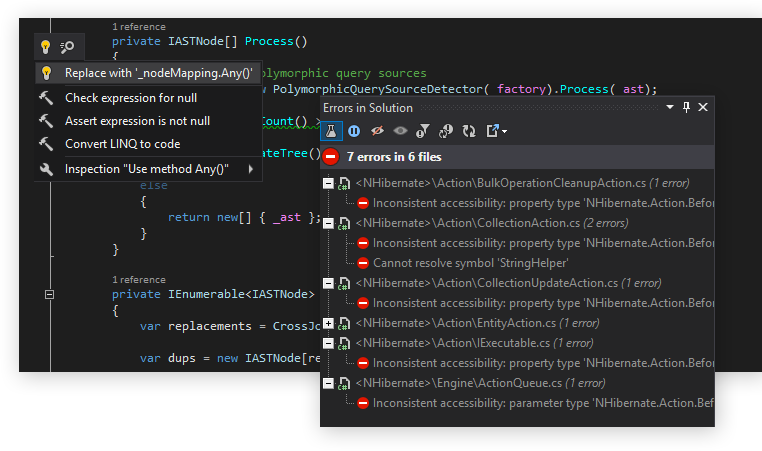
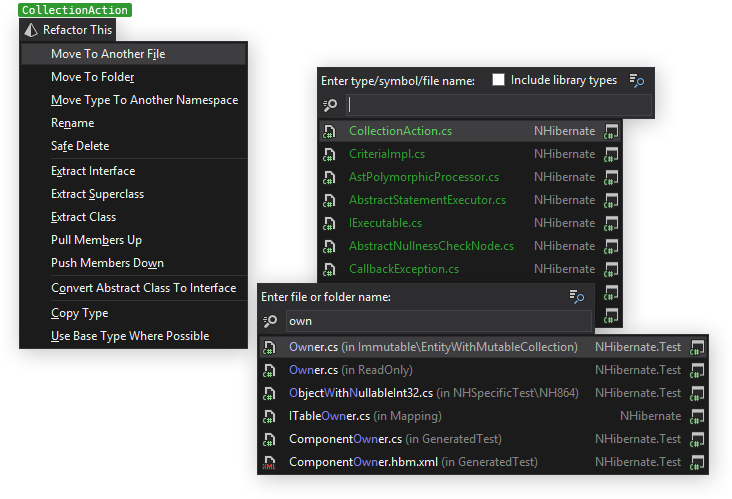
Refactorings
60+ refactorings and 450+ context actions help safely organize code and move it around the solution, distribute responsibility, decouple, decrease complexity, or simply use alternative language syntax.
Navigation and search
ReSharper helps instantly get to any code in a solution, no matter how large the solution is. It can also navigate you from any symbol to its related code such as implementations of a given interface, extension methods of a class, or usages of a field.
Code formatting and cleanup
Configure and apply code style based on your personal preferences or your team standard. Code style and formatting settings for C#, VB.NET, ASP.NET, JavaScript, TypeScript and other languages can be applied in any scope, from a selection to a solution.

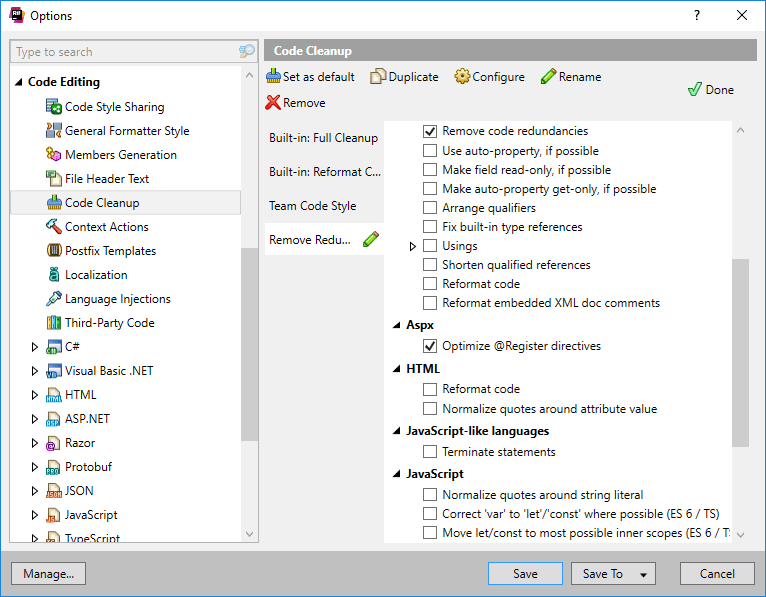
Analyse deeper
For in-depth analysis, dotMemory offers many different criteria to apply to memory usage data, so you can view the data from thousands of different angles, and drill-down, dice, slice or pivot as you wish.
Code generation
ReSharper can create a lot of code for you: from new files and classes to conditional blocks and GUIDs; from methods and properties required by an interface being implemented to equality checks and formatting members.
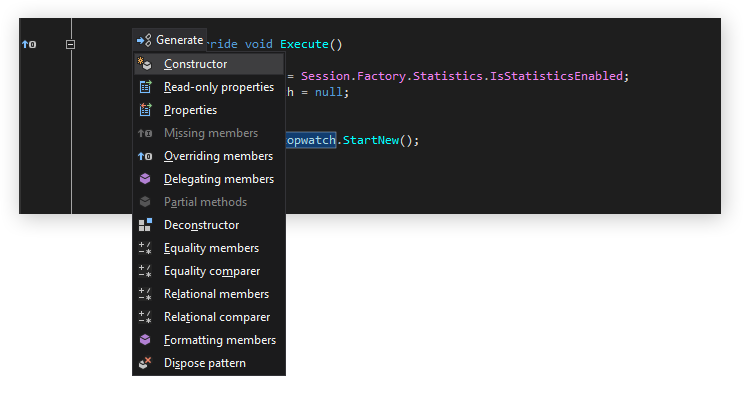
Why upgrade to ReSharper 2021.3

Support for Visual Studio 2022
ReSharper now supports the new Visual Studio 2022 release build. You will get the same rich feature set you had in other Visual Studio versions, but since Visual Studio 2022 is a x64 process, it is not limited to a maximum allocation of 3 GB of RAM memory. All the ReSharper features work faster as a result.
C# 10 support
C# 10 has been released recently, and ReSharper continues to add support for more C# 10 features. Today, we are happy to announce support for file-scoped namespaces, global usings, the CallerArgumentExpression attribute, the “interpolated string handlers” concept, and C# 10 lambdas.


Find Usages for user-defined implicit conversion operators
C# 10 has been released recently, and ReSharper continues to add support for more C# 10 features. Today, we are happy to announce support for file-scoped namespaces, global usings, the CallerArgumentExpression attribute, the “interpolated string handlers” concept, and C# 10 lambdas.

